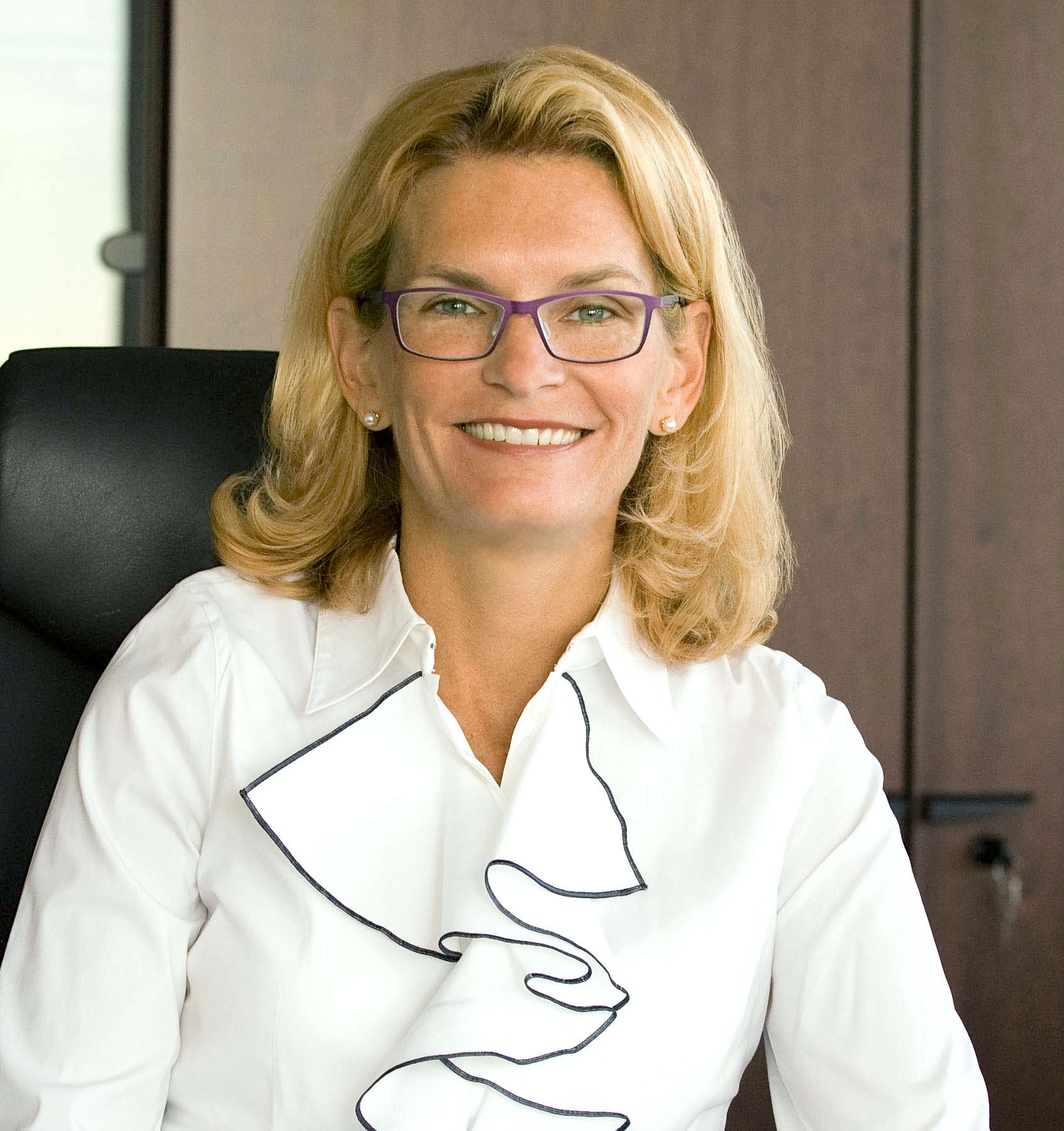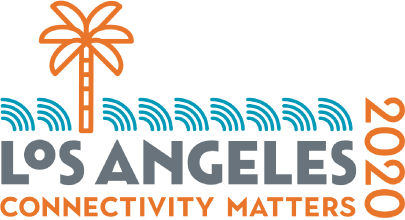Wednesday, 5 August 2020
09:30 - 11:00 Pacific Daylight Time (PDT)
View the IMS2020 Plenary Booklet
“Can Digital Technologies Really Change the World?”

Doreen Bogdan-Martin – Director, Telecommunication Development, International Telecommunication Union
Abstract: Half the planet is now online. Great news – at least for those who can connect. But what of the rest? 3.6 billion people remain totally cut-off from a world the rest of us take for granted. Like no other technology before, digital devices, platforms and apps have unprecedented power to overcome traditional development barriers. They can bring education where there are no teachers, health advice where there are no doctors, financial services where there are no banks, libraries where there are no books. The Internet has changed our world. But its transformational potential will be magnified 1,000 times in the hands of people held back for generations through lack of access to the power of information. Digital is the transformational force that will enable us to meet the 17 UN Sustainable Development Goals by the target date of 2030. In short, the UN pledge to ‘Leave No-one Behind’ will mean getting everyone online.
How do we make that happen in markets where incomes are low, infrastructure is lacking, and literacy and digital skills are in short supply?
In Africa alone, connecting the continent will mean bringing 220 million new people online and an estimated US$9 billion in investment. The situation can look bleak, but sometimes a simple paradigm shift can dramatically change the picture. The interrelatedness of the SDGs provides a great opportunity for common approaches and integration within and across institutions. Coupled with policy approaches that prioritize digital skills and promote access and affordability, the power of digital could just turn out to be the power to change the world.
Bio: Doreen Bogdan-Martin was elected Director of the ITU Telecommunication Development Bureau in November 2018 and took office on 1 January 2019. She is a strategic leader with 30 years of high-level experience in international and inter-governmental relations, and a long history of success in policy and strategy development, analysis and execution. From 2008-2018, she led the Strategic Planning & Membership Department of ITU, and also served as Coordinator of United Nations affairs. She was one of the architects of the annual Global Symposium for Regulators and leads ITU’s contribution to the EQUALS Global Partnership for Gender Equality in the Digital Age. She serves as Executive Director of the UN Broadband Commission for Sustainable Development, and is leading ITU’s collaboration with UNICEF and others on the GIGA project to connect the world’s schools. She holds a Master’s degree in International Communications Policy from the American University in Washington, DC and a post-graduate certificate in Strategies for Leadership from the Institute for Management Development in Lausanne, Switzerland. She is an affiliate of the Harvard University Berkman-Klein Center for Internet and Society, and a Generation Unlimited Champion. She serves on a number of advisory bodies, including the Geneva-Tsinghua Initiative.
Ms Bogdan-Martin is married with four children.
"The Broadband Space Race—What Does the Future Look Like?"
.jpg)
Mark Dankberg - Chairman & CEO, Viasat
Abstract: Space-based internet access will grow enormously over the next decade. There are already over 2 million homes served in the U.S., Europe and Latin America - with satellite internet speeds of 100 Mbps in some areas. Satellite broadband connects ships at sea, and airplanes in flight. Several airlines offer free satellite Wi-Fi, including video streaming. With individual satellites poised to deliver multiple Terabits per second, satellite will help connect the four billion people without internet access.
Satellite broadband is like millimeter wave point-to-multipoint– but with towers orbiting earth. Architectural alternatives offer a rich and complex trade space. As with terrestrial networks, trade-offs include: geographic coverage, peak speeds, peak system throughput, latency, required capital investments, operating costs, bandwidth geographic density and bandwidth geographic distribution. The International Telecommunication Union has evolved regulations for cooperatively sharing orbital trajectories and spectrum over decades. But, conventions are being shattered by aggressive proposed “mega-constellations” of small, cheap satellites. Unregulated mega-constellations can generate space “pollution” with orbital debris, cause intolerable risks of space collisions, or even leave wide orbital regions inaccessible for decades. They also can preclude equitable access to spectrum by others.
This keynote provides a framework for considering the performance, economics, regulatory and environmental impacts of space broadband networks. We consider theoretical constraints, orbital dynamics, and underlying global bandwidth demand profiles to evaluate alternative architectures. Finally, we’ll consider regulatory implications to maintain safe, fair, global competition for space-based communications, navigation/positioning, earth sensing, and the emerging near-earth space economy.
Bio: Mark Dankberg co-founded Viasat Inc. in 1986. He has held the position of Chairman of the Board and Chief Executive Officer of the Company since inception. Under his leadership, Viasat has received a number of company accolades, including being named to the 2019 Fortune Change the World list.
Mark is an acknowledged industry expert in the communications, aerospace and defense sectors and is the leading visionary for a new generation of ultra-high capacity satellite systems. He holds a number of patents in communications and satellite networking technologies; has participated on Department of Defense advisory panels; and has received a number of innovation leadership awards, including his 2018 induction into the CONNECT Entrepreneur Hall of Fame, 2016 Director of the Year award by San Diego-based Corporate Directors Forum, induction into the SSPI Satellite Hall of Fame as well as Via Satellite Magazine’s Satellite Executive of the Year. In 2017, Mark was elected a Member of the National Academy of Engineering.
Mark began his career with the Collins Radio Division of Rockwell International, and at Linkabit Corp. in San Diego, where he held positions in engineering, technical management and business segment management. He earned B.S. EE and M.S. EE degrees from Rice University and is a member of the Rice University Electrical and Computer Engineering Hall of Fame.


